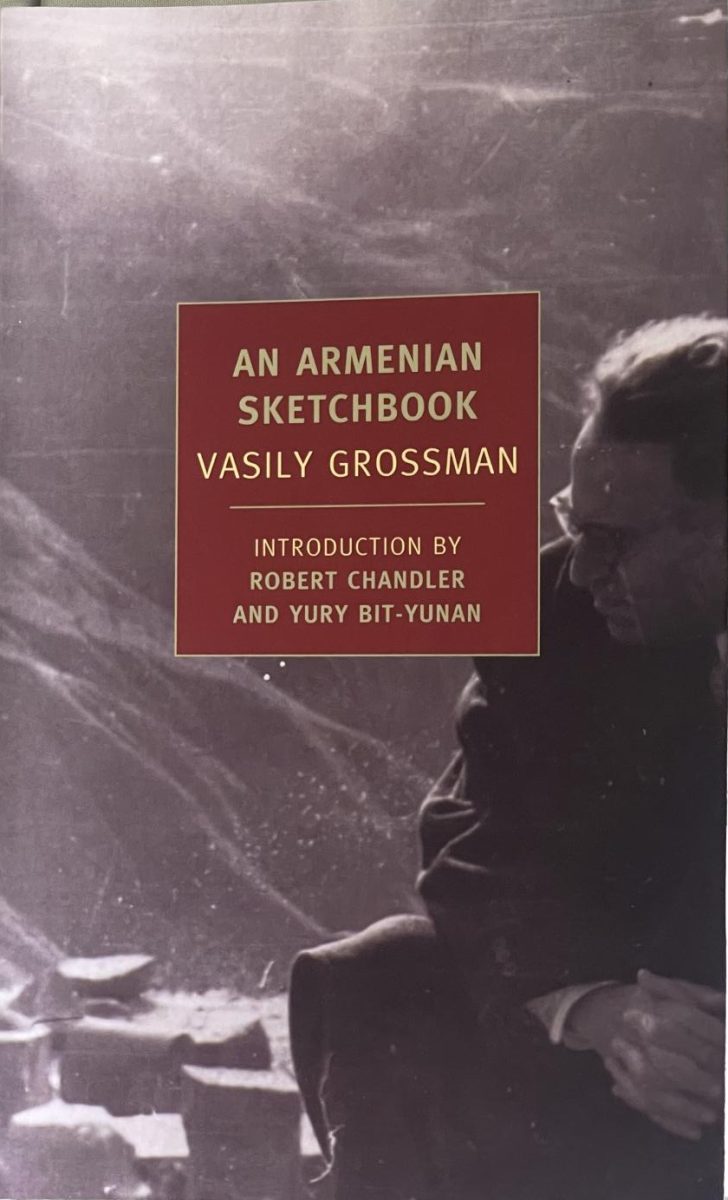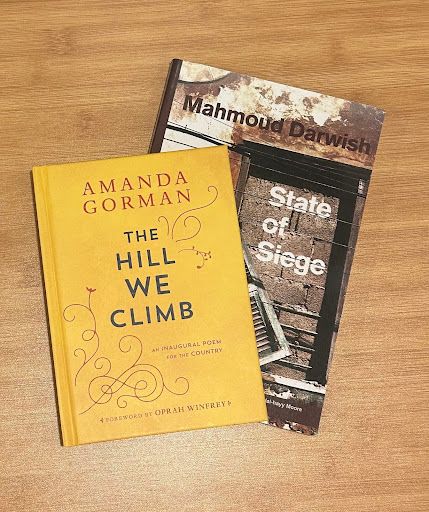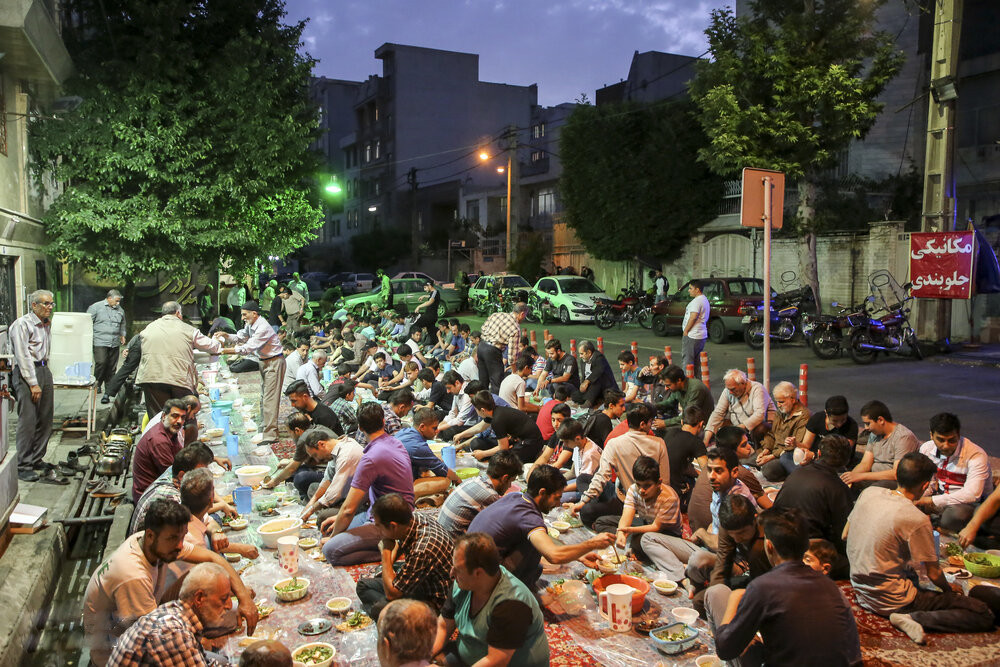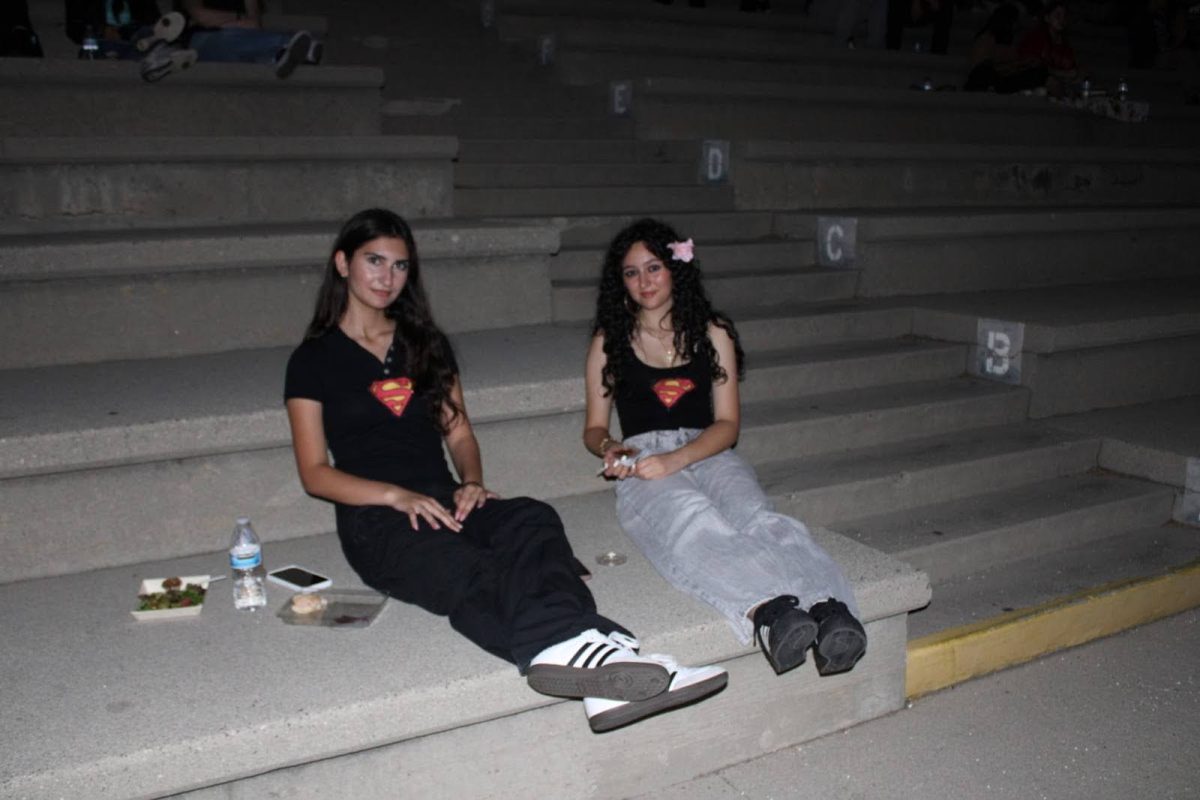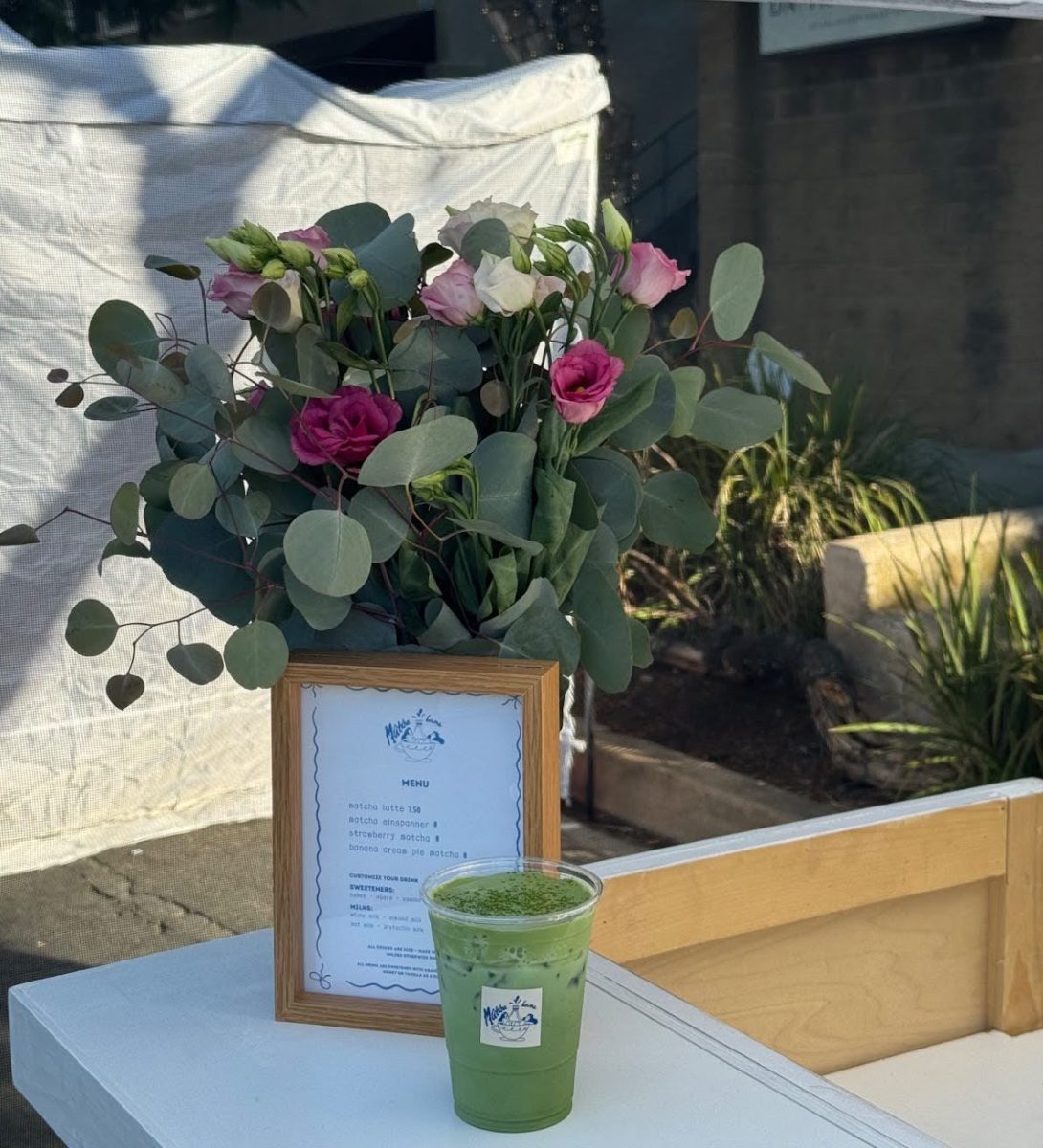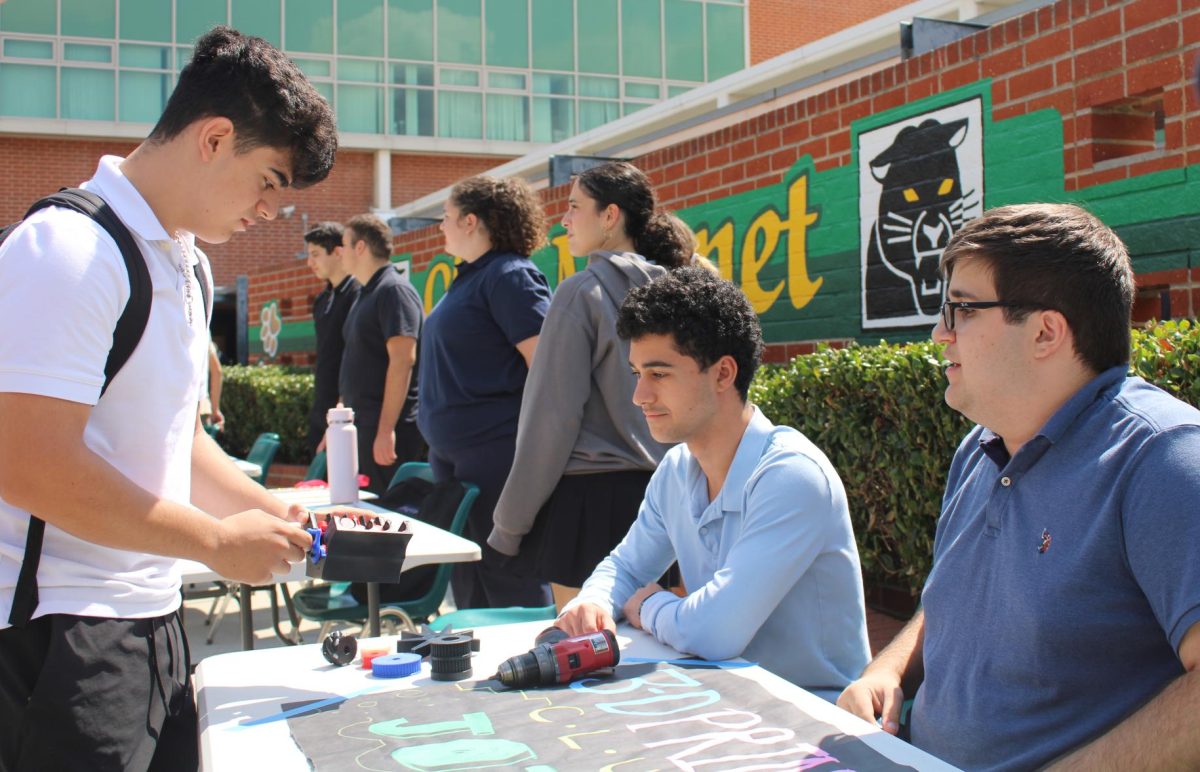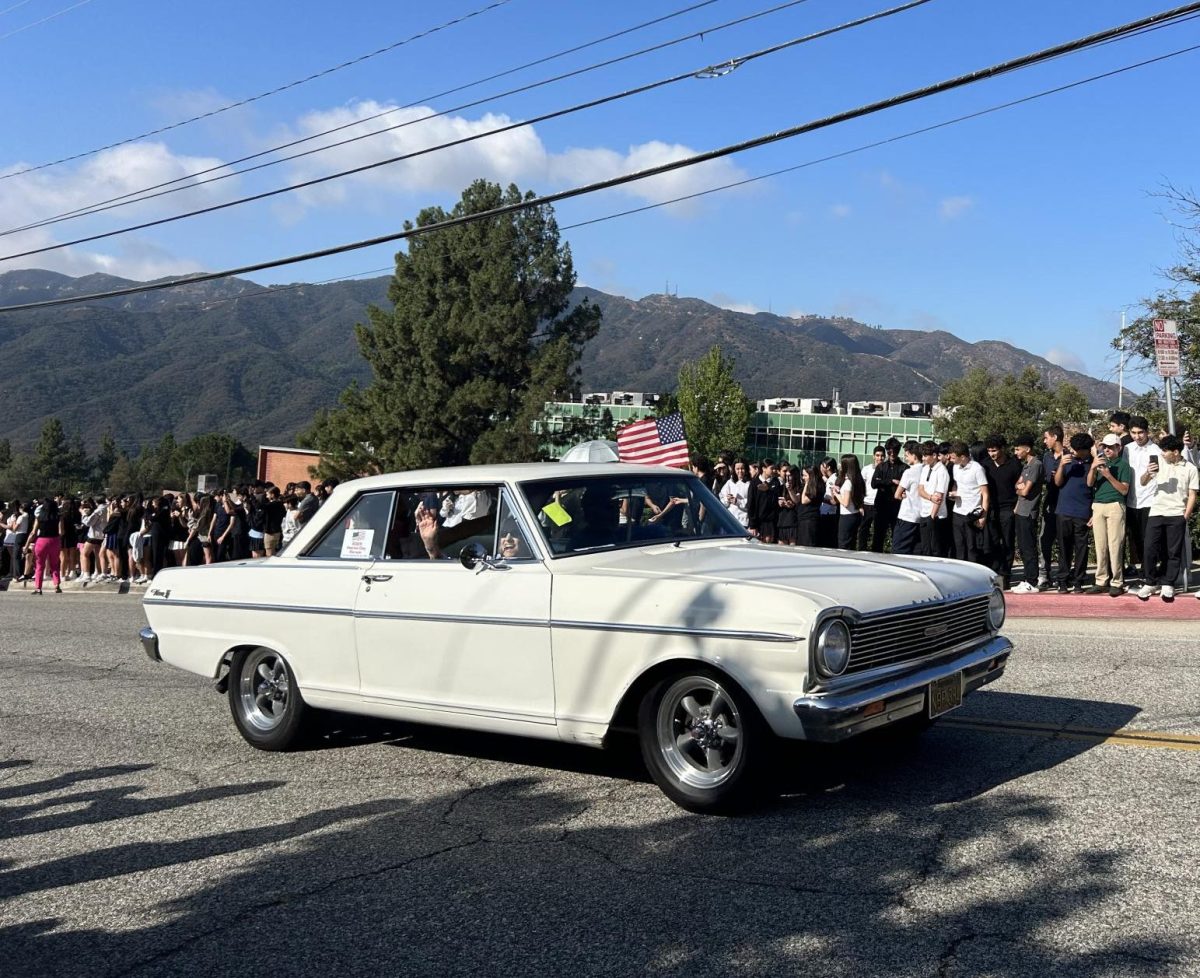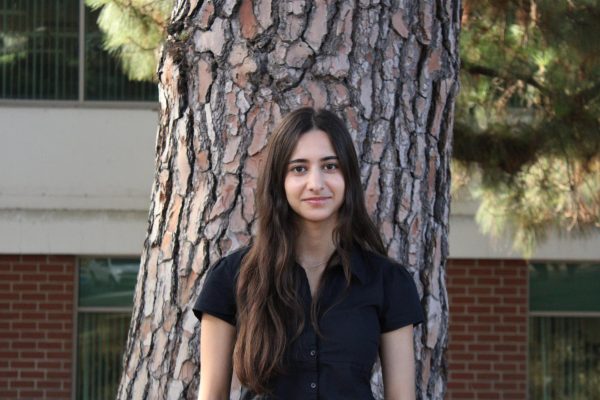“Barev dzez–All good to you, Armenian and non-Armenians!”
An engrossing account of travel to a faraway place, Vasily Grossman’s memoir, An Armenian Sketchbook, highlights Armenian culture from a Jewish-Soviet perspective. Readers of all backgrounds travel through Armenia as he describes the mountains, ancient churches, people, and different cultural foods he tried during his two-month visit. He depicts the bad and the good of various Armenian villages and cities in the 1960s.
Grossman traveled to Yerevan, Armenia, in November 1961 to work on rewriting the Russian translation of a novel by Hrachya Kochar, The Children of the Large House. Grossman did not know any Armenian, and the only people he knew in the country were the author and co-translator of the book. He agreed to rewrite the translation of the Armenian novel out of financial necessity. Furthermore, this was a once-in-a-lifetime opportunity to travel away from Russia, which was difficult for Soviet citizens to do.
At the beginning of An Armenian Sketchbook, Grossman describes his encounter with the Armenian people when he first arrived. He was struck by the diversity of the Armenian people, pointing out how the wide range of physical features highlights the historical events Armenians had been through, “The diversity, I suppose, reflects thousands of years of raids and invasions, of people being taken captive, of commercial and cultural encounters,” Grossman explained in his book.
A memorable chapter in the book was when readers got to experience Lake Sevan, the biggest body of water in Armenia. During the chapter, “all [he] could think about was Sevan trout.” However, his craving for the trout did not distract him from the beauty of the lake, “The world was beautiful on that day. And Lake Sevan is one of the most beautiful places on earth,” Grossman said.
It is evident that by the end of the book, Grossman was deeply moved by both the country’s beauty and the newfound admiration he felt for the Armenian people. He describes how the Armenians gave him hope for humanity’s ability to be kind and compassionate as he recounts an instance where an old Armenian peasant expressed solidarity and compassion for the Jewish people’s suffering. He finishes the book with the heartfelt lines: “Probably I have said much that is clumsy and wrong. But all I have said, clumsy or not, I have said with love.”



